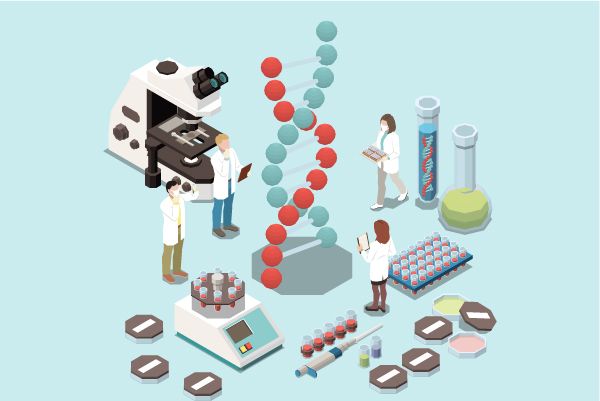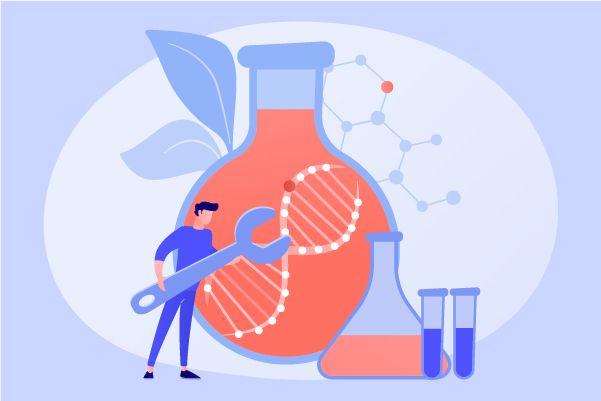Request Demo
Recent blog posts
Valuable Targets
6 min read
Analysis on the Research Progress of COX Inhibitor
1 November 2023
Medicines that inhibit COX can alleviate inflammation and pain symptoms. Medications that inhibit Cyclooxygenase activity, such as aspirin, have been available to the public for around 100 years.
Valuable Targets
4 min read
Analysis on the Clinical Research Progress of PD-1 Agonist
1 November 2023
PD-1, or programmed cell death protein 1, is a crucial immune checkpoint receptor found on the surface of certain immune cells in the human body.
Valuable Targets
6 min read
Advances in Clinical Research on Neuraminidase Inhibitor
1 November 2023
The surface of the influenza virus is distributed with three important proteins, namely, hemagglutinin (HA), neuraminidase (NA), and matrix protein (M2), each playing an important role in the transmission cycle of the influenza virus.
Valuable Targets
4 min read
Analysis on the Clinical Research Progress of Nuclear Factor
26 October 2023
NF-κB is present in almost all animal cells and is a key transcription factor in various biological processes in the human body.
Valuable Targets
4 min read
Advances in Clinical Research on NMDA Receptor Antagonist
26 October 2023
The N-Methyl-D-Aspartate (NMDA) receptor is a type of ionotropic glutamate receptor that plays a crucial role in excitatory synaptic transmission, plasticity, and excitotoxicity in the central nervous system, closely related to the body's memory, learning, and emotions.
Valuable Targets
6 min read
Analysis on the Research Progress of p53 inhibitors
25 October 2023
p53 inhibitors interfere with the normal function of the p53 protein and are primarily used as research tools to study the biological effects of p53 inactivation.
Valuable Targets
6 min read
Advances in Clinical Research on Nrf2 Inhibitor
25 October 2023
Nuclear factor erythroid 2-related factor 2 (Nrf2) is a type of basic region-leucine zipper (bZIP) transcription factors, encoded by the NFE2L2 gene.
Valuable Targets
4 min read
Analysis on the Clinical Research Progress of Nitric Oxide Synthase
25 October 2023
Nitric oxide synthase (NOS) is an essential enzyme in the human body that plays a crucial role in various physiological processes.
Valuable Targets
4 min read
Advances in Clinical Research on NMDA Receptor Agonist
24 October 2023
The NMDA receptor (N-methyl-D-aspartic acid receptor) is a subtype of the ionotropic glutamate receptor, with a complex molecular structure and unique pharmacological properties.
Valuable Targets
5 min read
Analysis on the Research Progress of Neurokinin 1 Receptor Antagonist
24 October 2023
Neurokinin-1 (NK1) receptor antagonists are used for prevention of acute and delayed nausea and vomiting.
Valuable Targets
3 min read
Analysis on the Clinical Research Progress of AMPK Inhibitor
24 October 2023
AMP-activated protein kinase (AMPK) is a crucial enzyme that plays a central role in regulating energy balance within the human body.
Valuable Targets
4 min read
Advances in Clinical Research on Acetylcholinesterase Inhibitor
23 October 2023
AChE is responsible for breaking down the neurotransmitter acetylcholine, which is involved in various physiological processes such as muscle contraction, cognition, and memory.











